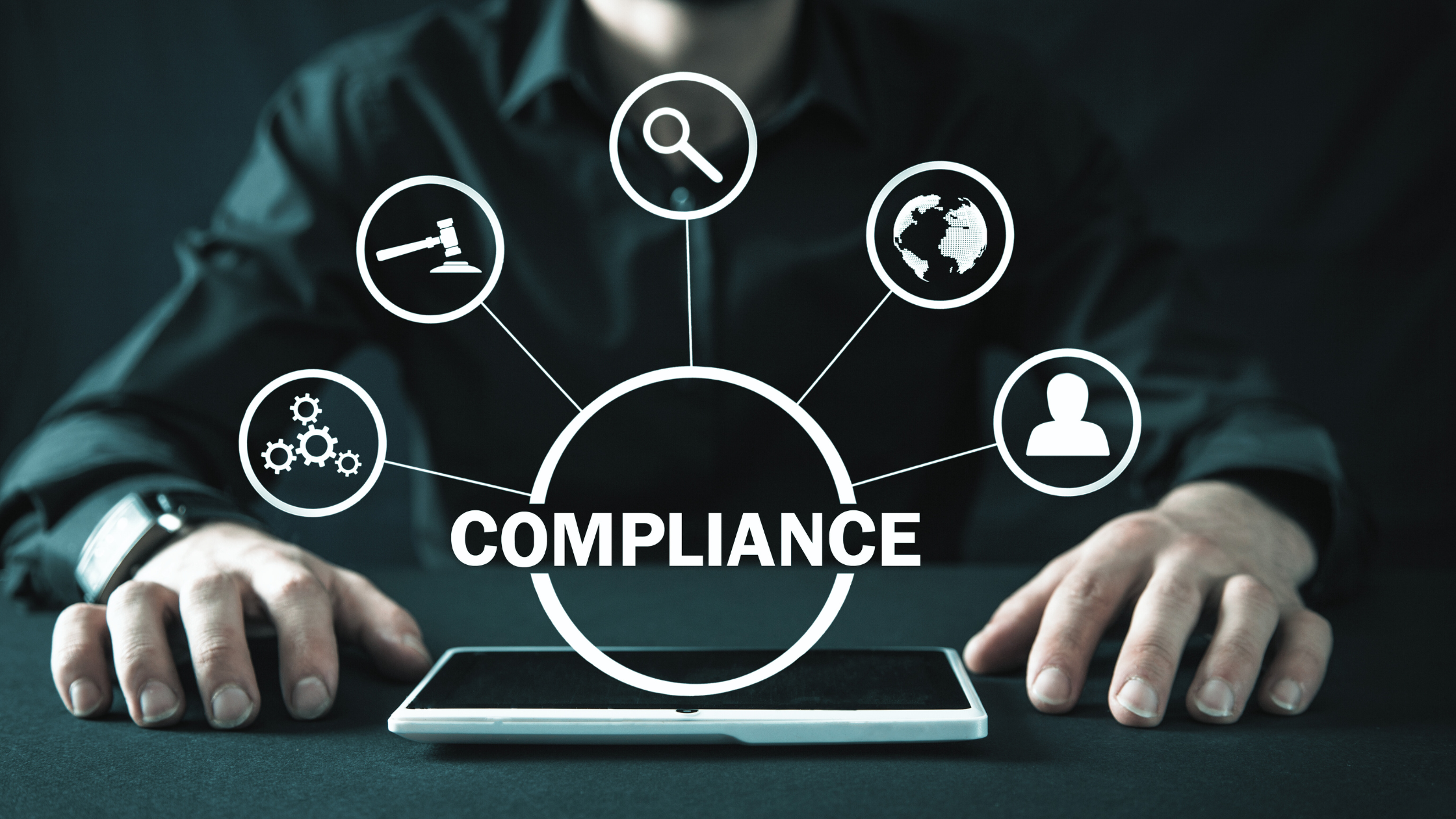
Whether you’ve decided to start listening to Christmas music the day after Halloween or not, the holiday season is quickly approaching. People all over the country are taking to their computers to begin ordering their gifts online. Knowing this, scammers are also preparing themselves for the holiday season to take advantage of as many unwitting online shoppers as they can. Scammers today have various methods of taking advantage of people, more than you may think. It is therefore vital for every online shopper to make sure that their credit card number and personal info are going to the right place. In this article, we discuss some of the methods that these scammers are devising against you and how you can protect yourself from falling into their traps during the holiday season.
Our first rule is to make sure that you are buying from a reputable business. But even if you are buying something from a reputable business, you still must be careful. A tiny typo of a legitimate business could be a scammer posing as that business. Scammers will also highjack the contact info of a big business to seem legitimate. One thing you can do, however, is call the number and ask the business if the deal that you’re seeing online is in fact something that they are offering. A lot of times, if a deal seems too good to be true, it usually is. If you’re not sure about whether a certain company is legitimate you can also check in with the Better Business Bureau and see what people are saying about it. Always read reviews!
Our second rule is to be careful with the information you give out. No shopping website should ever ask you for your social security number or bank account information and they should only be asking for minimal personal information. Check to make sure that the site you are buying from has a secure socket layer (SSL). An SSL establishes a secure channel between two parties while making a bank transaction. You can check to see that the site has an SSL simply by looking at the domain. If the domain has http, it does not have an SSL and you should be careful. If the domain has https, it has an SSL and can be trusted. It is also a good idea to pay with credit and not debit. When you pay with credit card, you prevent the seller from getting access to direct money in your bank account which is a great guarded layer of security. During the holiday season, it may also be a good idea to check your bank account statements frequently to make sure no fraudulent withdrawals are being made. Some banks, such as U.S. Bank, have apps that will notify you every time a charge is made on your bank account.
If you do get scammed, file a complaint immediately with the US Federal Trade Commission and/or the FBI’s Internet Crime Complaint Center. You can report the scam to the FTC by going to ReportFraud.ftc.gov. Even if you didn’t fall for the scam, it’s not a bad idea to report a suspected scam you see online to them to prevent other people from falling for it! You can submit a complaint to the FBI’s Internet Crime Complaint Center here: https://www.ic3.gov/Home/ComplaintChoice. Hopefully, however, if you follow the guidelines mentioned above, you won’t have to be going to these sites and will instead be able to enjoy your holiday season worry-free with your loved ones.






